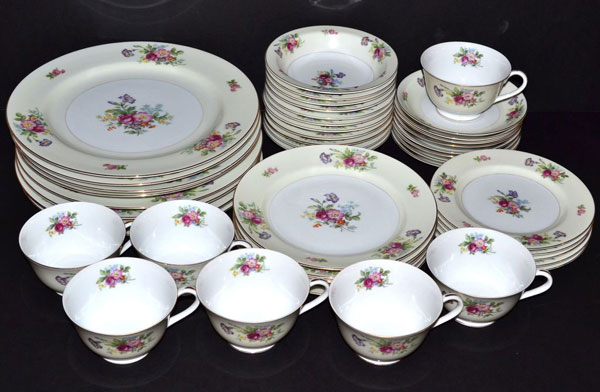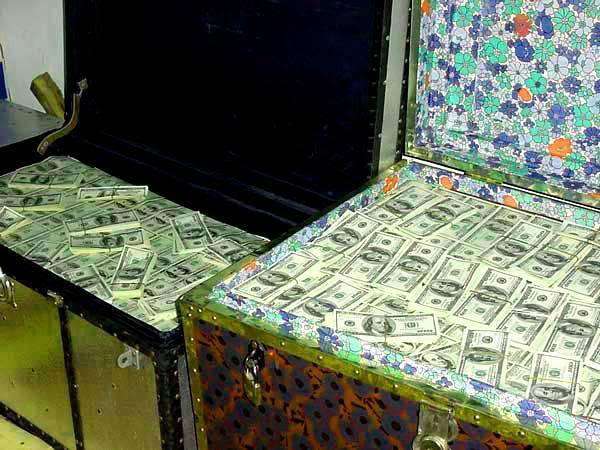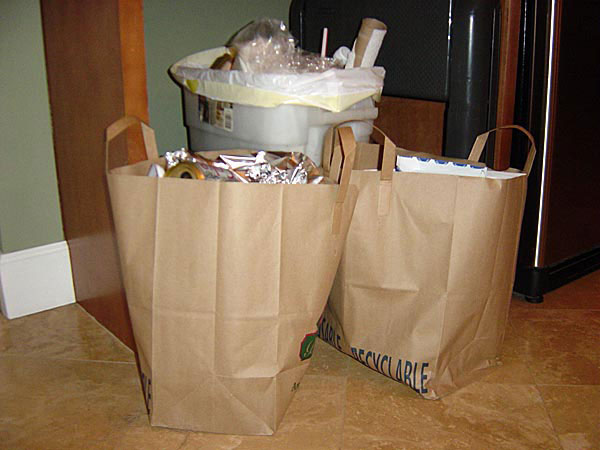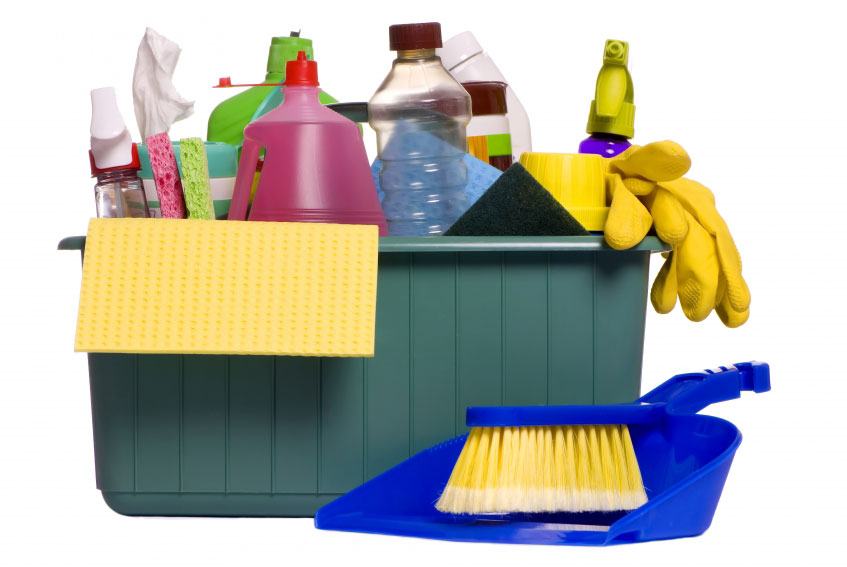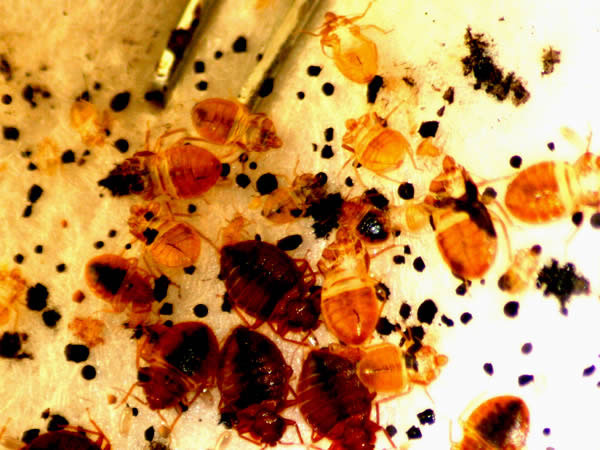A good set of dinnerware is the pride of any household. Spending a little time caring for your expensive fine dinnerware can go a long way in making your dinner table the envy of all. In this articleStorageCleaningUsage precautions Storage Store your precious dinnerware on strong shelves. Even a stack of a dozen plates is heavy. Place paper or tissue between plates to prevent scratching. Always lift the plates out from where they are stacked. Dont slide them out. Store the cups rim down. Do not hang them as this can weaken handles. If you have the space at home, dont throw out the original packaging. This will come in handy if you ever have to move out, or if you want to present your china to a child or grandchild. Cleaning A lot of damage can be done to your china if you dont wash it carefully. Make sure you use a gentle liquid detergent, and scrub with a soft sponge. Take great care not to rub the dishes against each other, as this can result in scratches. Its best if you wash the dishes carefully one by one. These dishes can serve you well for a lifetime of elegant entertaining, so it is well worth taking care of them. Normal dishwashing products used in hand-hot water will not harm your dinnerware. The fine rim is the weakest part. For dirt that is stuck deep inside try swirling a little rice and warm soapy water. Always remove stains to keep them sparkling clean. Tea and coffee stains can be removed with any tea/coffee stain remover. Tooth powder will remove pencil marks caused by minute deposits of metal from certain types of cutlery. Do not use abrasives and harsh scourers on your dinnerware. With a little care your china can be washed in a dishwasher too. Load the washer so pieces do not touch each other. Do not overload. Follow the instructions on the label regarding the quantity of detergent to be used. As soon as the wash water has drained away, use the rinse cycle to flush away deposits of detergent. If allowed to dry on the dinnerware, it will form a film on the surface. To prevent protein deposits, dont allow your dinnerware to dry inside the dishwasher. It is best to let it drip-dry. In areas where only hard water is available, deposits may form on your dinnerware in time if the water is allowed to dry on the ware. These soluble deposits can easily be removed with a dilute acid such as vinegar. Usage precautions If your china has gold or silver edge decorations on it, using it in the microwave can cause damage. If there is no precious metal decoration, your dinnerware can be used in a microwave oven. Before using your dinnerware for storing items in the freezer, be sure it is suitable for such low temperatures. Care should be taken when re-heating frozen food. Sudden changes of temperature are likely to cause thermal-shock, which will damage the dishes. It is perfectly safe to warm your dinnerware gradually and evenly to 100 degrees centigrade. Needless to say, your china should never be exposed to direct heat from a naked flame or to rapid changes of temperature. If you are moving take all precautions while packing your dinnerware. If you have your original packaging material use it. Or allow professional packers to do it for you.
A good set of dinnerware is the pride of any household. Spending a little time caring for your expensive fine dinnerware can go a long way in making your dinner table the envy of all. Storage
Store your precious dinnerware on strong shelves. Even a stack of a dozen plates is heavy. Place paper or tissue between plates to prevent scratching.
Always lift the plates out from where they are stacked. Don't slide them out.
Store the cups rim down. Do not hang them as this can weaken handles.
If you have the space at home, don't throw out the original packaging. This will come in handy if you ever have to move out, or if you want to present your china to a child or grandchild.
Cleaning
A lot of damage can be done to your china if you don't wash it carefully. Make sure you use a gentle liquid detergent, and scrub with a soft sponge. Take great care not to rub the dishes against each other, as this can result in scratches. It's best if you wash the dishes carefully one by one. These dishes can serve you well for a lifetime of elegant entertaining, so it is well worth taking care of them.
Normal dishwashing products used in hand-hot water will not harm your dinnerware.
The fine rim is the weakest part. For dirt that is stuck deep inside try swirling a little rice and warm soapy water.
Always remove stains to keep them sparkling clean. Tea and coffee stains can be removed with any tea/coffee stain remover. Tooth powder will remove 'pencil marks' caused by minute deposits of metal from certain types of cutlery. Do not use abrasives and harsh scourers on your dinnerware.
With a little care your china can be washed in a dishwasher too. Load the washer so pieces do not touch each other. Do not overload. Follow the instructions on the label regarding the quantity of detergent to be used. As soon as the wash water has drained away, use the rinse cycle to flush away deposits of detergent. If allowed to dry on the dinnerware, it will form a film on the surface.
To prevent protein deposits, don't allow your dinnerware to dry inside the dishwasher. It is best to let it drip-dry.
In areas where only hard water is available, deposits may form on your dinnerware in time if the water is allowed to dry on the ware. These soluble deposits can easily be removed with a dilute acid such as vinegar.
Usage precautions
If your china has gold or silver edge decorations on it, using it in the microwave can cause damage. If there is no precious metal decoration, your dinnerware can be used in a microwave oven.
Before using your dinnerware for storing items in the freezer, be sure it is suitable for such low temperatures. Care should be taken when re-heating frozen food. Sudden changes of temperature are likely to cause thermal-shock, which will damage the dishes.
It is perfectly safe to warm your dinnerware gradually and evenly to 100 degrees centigrade. Needless to say, your china should never be exposed to direct heat from a naked flame or to rapid changes of temperature.
If you are moving take all precautions while packing your dinnerware. If you have your original packaging material use it. Or allow professional packers to do it for you.












